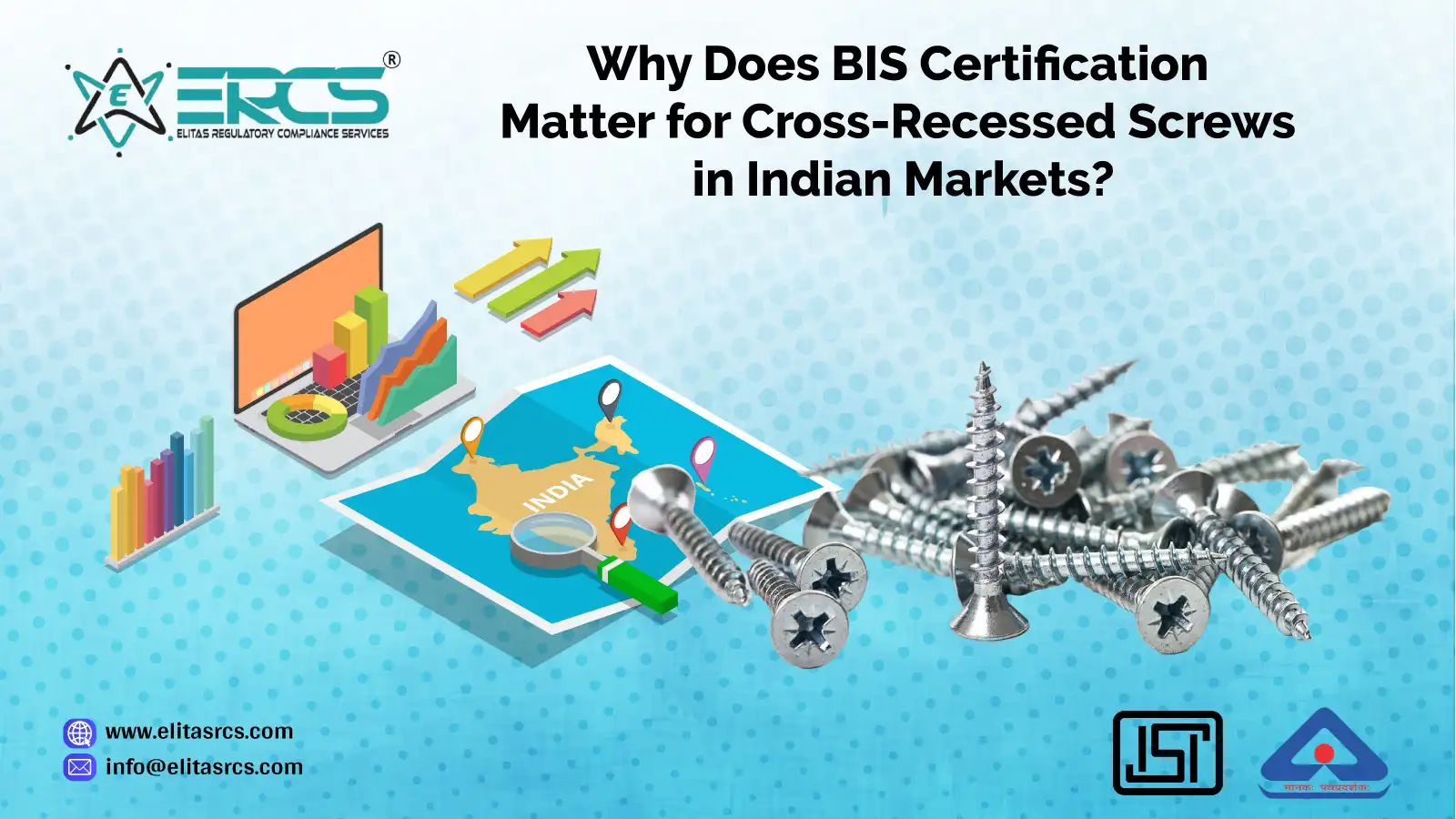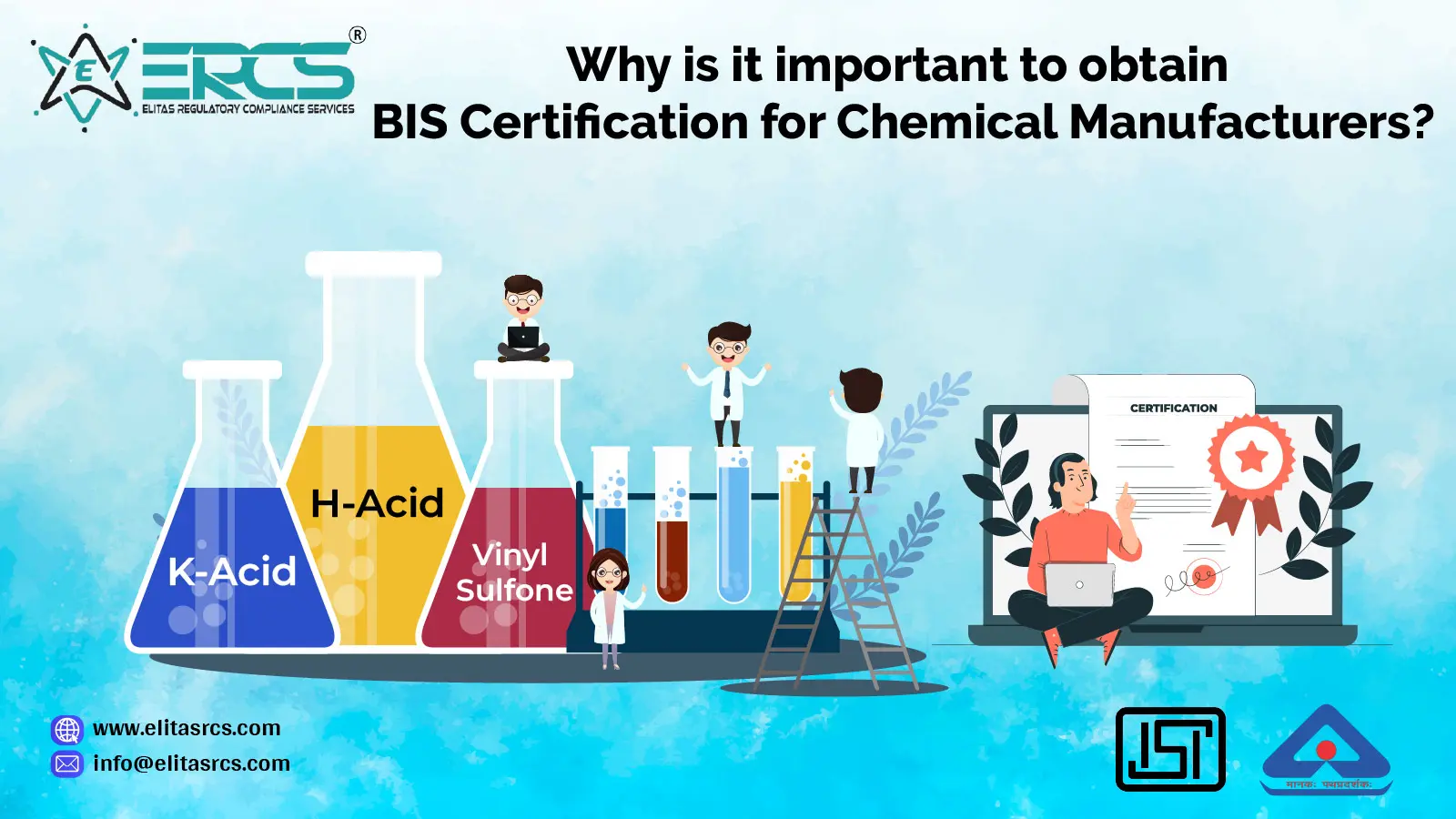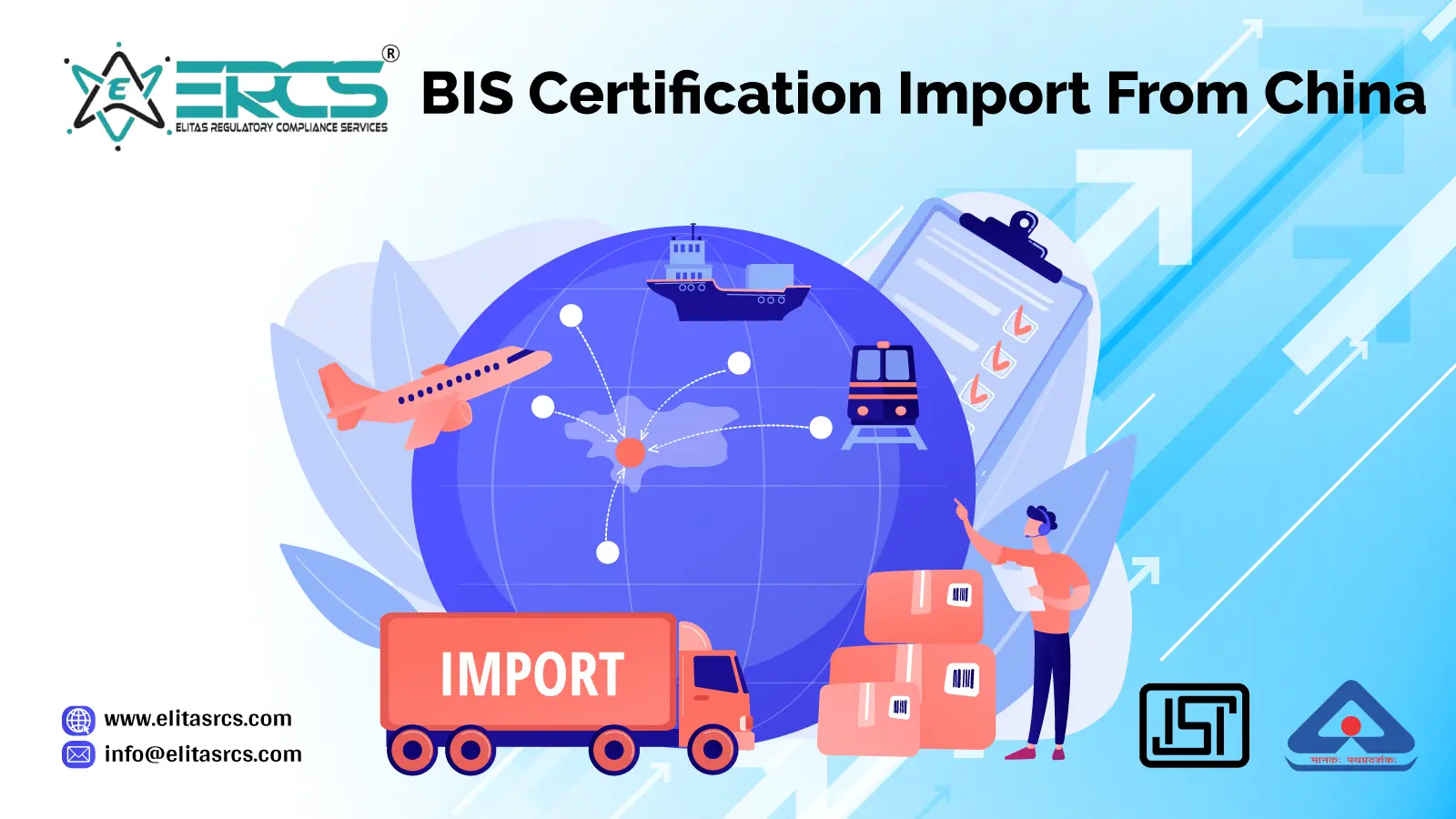BIS Certification for Ferrosilicon
BIS Certification for Ferrosilicon
Ferrosilicon is a ferroalloy - an alloy of iron and silicon. Its CAS number is 8049-17-0. The average silicon content varies between 15 and 90% by weight. It contains a high proportion of iron silicides. Ferrosilicon is produced by reducing silica or sand with coke in the presence of iron.
Ferrosilicon is known to have good abrasion resistance, good corrosion resistance, high specific gravity and high magnetism, which allows easy magnetic recovery. The melting point and density of ferrosilicon depend on its silicon content, and it is available at low cost.
BIS is a statutory institution established under the Bureau of Indian Standards Act,1986 to promote harmonious development of the activities of standardization, marking and quality certification of goods and attending to connected matters in the country.
Ferrosilicon product has been specified in IS 1110 : (1990) by Bureau of Indian Standards.
Ministry of Steel, Government of India has notified the following order in pursuance of Steel and Steel Products (Quality Control) order for the enforcement of “IS 1110” is extended as per details given below :
Order for Extension of Date of Implementation for IS 1110
IS 1110:1990 standard covers the requirements of ferrosilicon used in ferrous industry.
The following Indian Standards are necessary adjuncts to this standard:
| IS No. | Title |
| 1472 : 1977 | Methods of sampling ferroalloys for determination of chemical composition (first revision) |
| 1559 ( Parts-1 to 7) | Methods of chemical analysis of ferrosilicon : Part-1 : Determination of silicon Part-2 : Determination of carbon Part-3 : Determination of sulphur Part-4 : Determination of phosphorus Part-5 : Determination of aluminium Part-6 : Determination of calcium Part-7 : Determination of manganese |
It is always better to consult with experience team such as ERCS Pvt. Ltd. for smooth certification process.
For more information, please feel free to contact us at info@elitasrcs.com or call at +91-9076611770 / +91-9076611766.
Share:
Article Categories
Latest Blogs
Need Expert Advice?
Feel Free to Connect with Us
Prompt reply within hours
Continued support
Experience Consultants at ERCS are ready to assist you at every step of compliance so as to provide you the best services in India. Get complete information about the certification that your product need to enter in Indian market and build a good consumer base.



